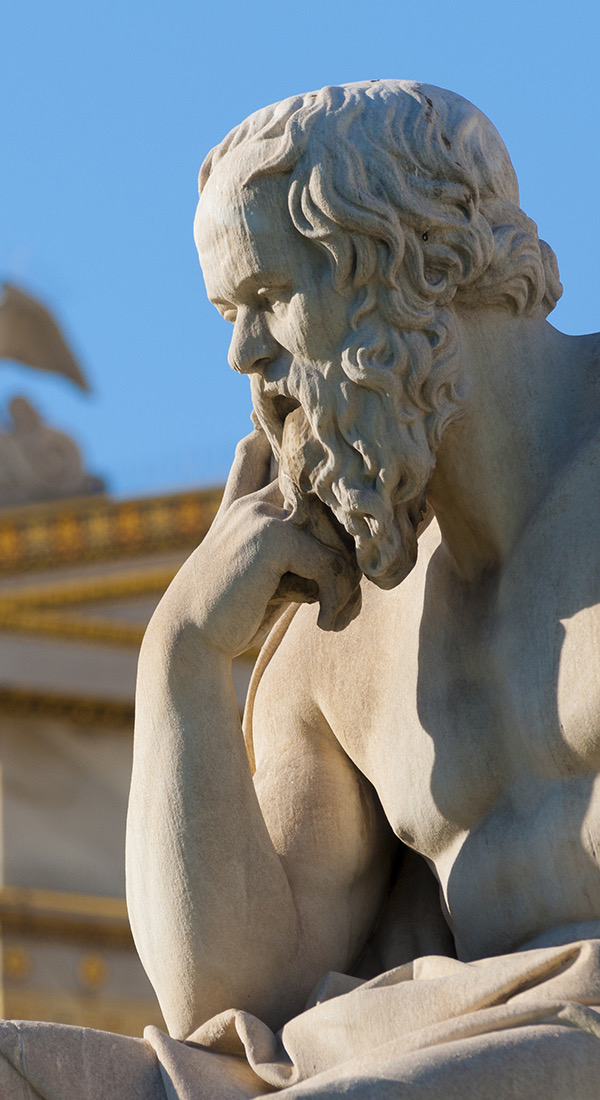On Validation
Wil Wheaton posted today about the concept of validation, and how the only kind of validation that matters is the internal kind — external validation is fleeting...
And there’s a lesson there that I’m going to billboard: the external validation we crave from others is never as satisfying or lasting as the internal validation we give ourselves.
I know I come at external validation very differently than Wil did: he's been processing that concept since he was a kid — and in Hollywood, too — so it's probably a very mixed-up sorta experience for him. But I 256% agree with his assessment, because validation is a kind of tool that can be wielded in many different ways, and many of them are Seriously Not Good.
My own realization about validation came a little over a decade ago, when RollBots was in production but not yet airing. I had a stint there where everyone I met was telling me how brilliant I was, how awesome a script was, how genius my concept was. And I might've believed them — boy was it tempting to believe them — except I was working with an actually brilliant team of writers (led by the indefatigable Vito Viscomi) whose work made it crystal clear that I was really nothing special.
It wasn't imposter syndrome — I still have that, and I know its qualities intimately — it was something more sinister: the truth. I got extremely lucky, and was able to play with people operating so far above my pay grade that I'm still amazed it happened at all. But the more people told me how great I was, the more I realized the things they were saying didn't line up with reality.
Which meant they were either consciously lying to me, or that their own sense of genius was askew.
Once you start to see compliments as a sign of malice and/or mental instability, life gets...interesting. You see an asterisk beside every accolade, a best-before date on every congratulations. You're waiting for people to either realize you're kinda dumb, or to reach that magic point where they no longer need to pretend.
So while I waited for that to happen, I worked really damn hard to actually be half as good as people said I was. I had external validation that I knew to be untrue, so I was trying to figure out what internal validation felt like.
I remember the moment it happened, because it has a tweet:
— MCM (@1889ca) October 8, 2009
I was livewriting for the first time and desperately short on sleep, but in that moment, I knew that I was good at what I was doing. I was manipulating emotions through prose, and that was all that mattered. Was it brilliant? No, still nowhere near brilliant. But I had gotten to place I needed to go.
After that, validation was more of a practical thing: you need word-of-mouth/reviews/awards to live as a writer, so a certain amount of effort needs to be made to make your mark. And every so often, someone would come at me and try to reverse-validate me by claiming I was less-than. Those moments still amuse me, because as I say to those who try: I created a TV show that aired worldwide. I have nothing left to prove.
External validation is tricky because it's nice when it happens, but its absence feels ten times worse. If you spend your life chasing it — even from friends and family — you're going to be miserable for a not-insubstantial amount of your life. If your happiness depends on other people's praise, you are signing away your freedom to a fickle beast.
All of which is to say: Wil is right. Internal validation is all that matters. It doesn't have to be big, it just has to feel significant to you. Once you find it — and maybe you already have it and just haven't realized — keep it in a safe place, because you're gonna need it when times get tough.
Protip: memorizalizing it in a tweet definitely helps.
